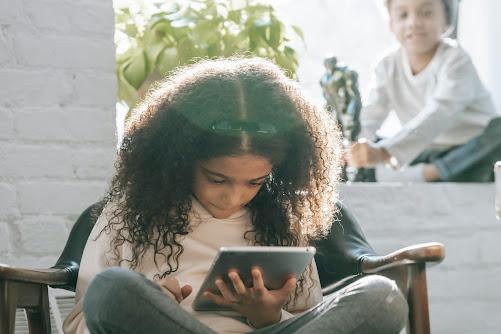You have several reasons why you should consider outsourcing the cleaning of your clothes to a business that offers residential laundry services. First, you can expect much higher quality results for all types of apparel. Second, outsourcing your laundry to a business such as Laundry Care Express saves you money. You do not have to invest in a washer and dryer. In addition, you benefit from much lower monthly energy bills. Third, Laundry Care Express offers a laundry pick up service, as well as a delivery service that saves you a considerable amount of time. One benefit of outsourcing your laundry to a business that offers residential laundry does not receive the attention it deserves.
Laundry Care Express ensures your allergies do not flare up after getting your clothes back. This means it is important for you to inform us about any allergies that you or members of your family suffer from during any stage of the laundry process.
Let’s see how Laundry Care Express minimizes your exposure to allergens.
We Use Anti-Allergen Detergent
The chemicals used to create most detergents, especially those sold at grocery stores, trigger strong reactions in people who are highly vulnerable to allergy attacks. Although the detergent you have used at home has left your clothes looking clean and smelling fresh, the detergent also might have caused allergic reactions. At Laundry Care Express, we use detergents that do not contain chemicals that trigger allergic reactions, as well as leave no pungent scents behind. We particularly avoid detergents that contain dye, perfume, and/or phosphates.We Set Wash Cycles to Hot
One of the most important reasons to inform us about any laundry-related allergies afflicting you and/or a family member is the water temperature set for each cycle. If you suffer from laundry-related allergies, you want to have your clothes washed during hot water cycles regardless of the type of apparel. Since dust particles represent a common laundry-related allergen, washing your clothes in hot water eliminates pesky dust particles. For highly sensitive fabrics, we hand wash them in hot water to prevent wrinkles or any other type of fabric damage.We Keep Our Washers and Dryers Clean
Even if you use an anti-allergen detergent, you also must contend with the threat of your clothes getting contaminated with allergens because of the residue left in your washer, dryer, and/or laundry space. When you outsource your laundry to a business that provides residential laundry services like Laundry Care Express, you can expect us to maintain a clean laundry space, as well as run washers and dryers without clothes to clean each machine before putting your clothes in for processing.We Ditch Allergen-Carrying Dryer Sheets
It has become part of the laundry ritual to toss in a dry sheet before turning on the dry cycle. However, this habit needs to be broken, as dryer sheets contain allergens that can trigger adverse reactions. You might enhance the fragrance of your clothes, but it comes at the expense of dealing with itchy eyes and bouts of sneezing.Laundry Care Express ditches dryer sheets to help you avoid allergic reactions.









